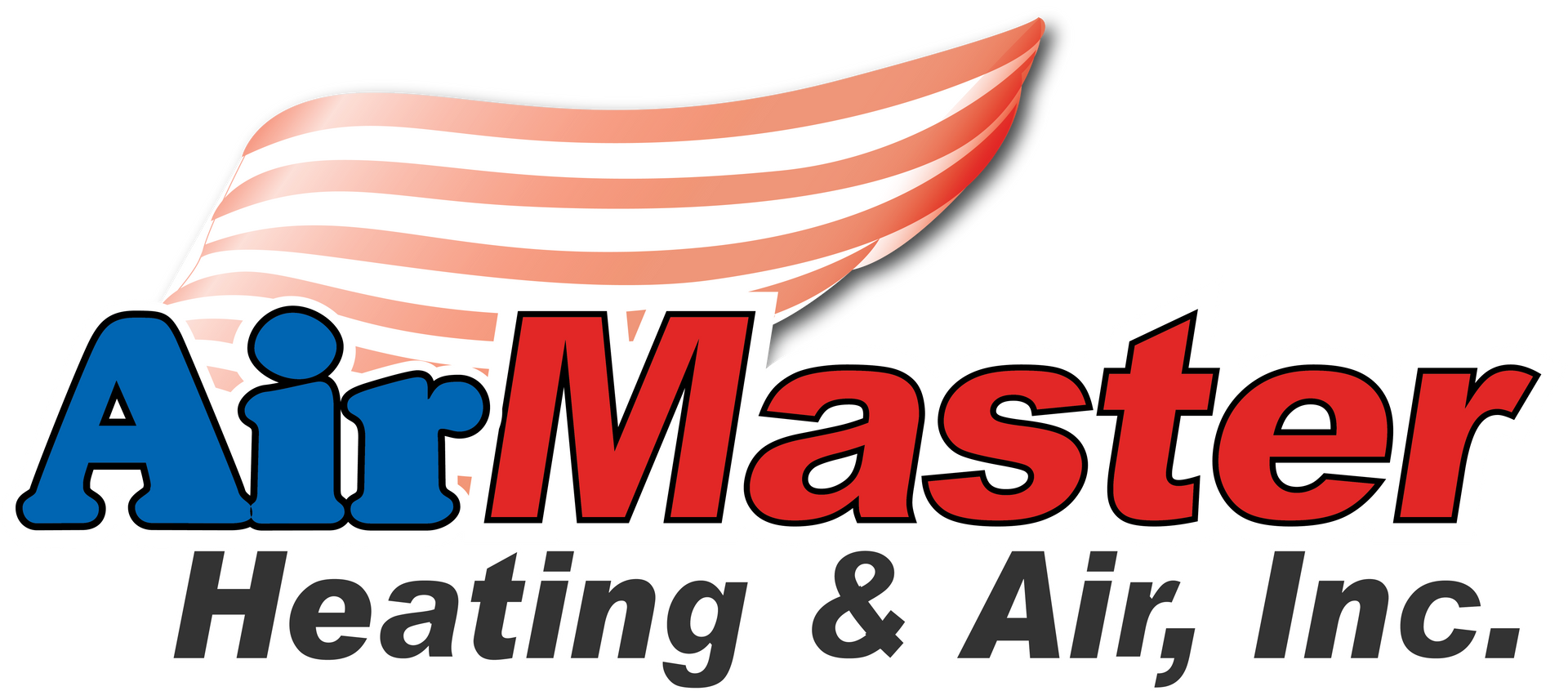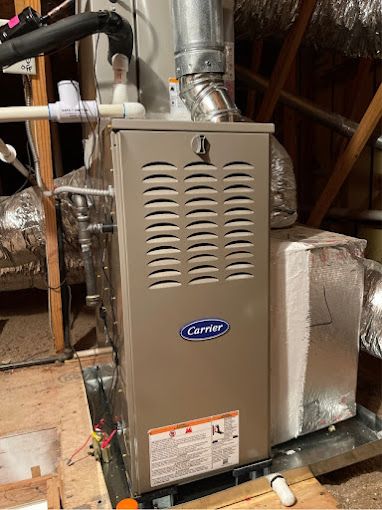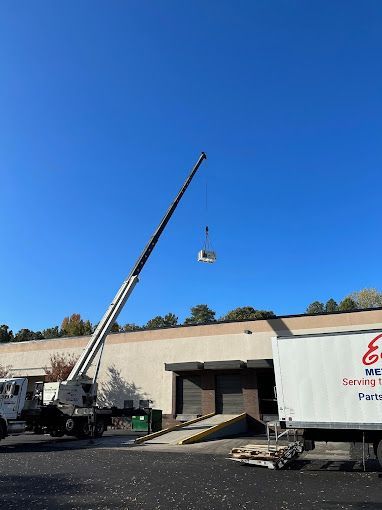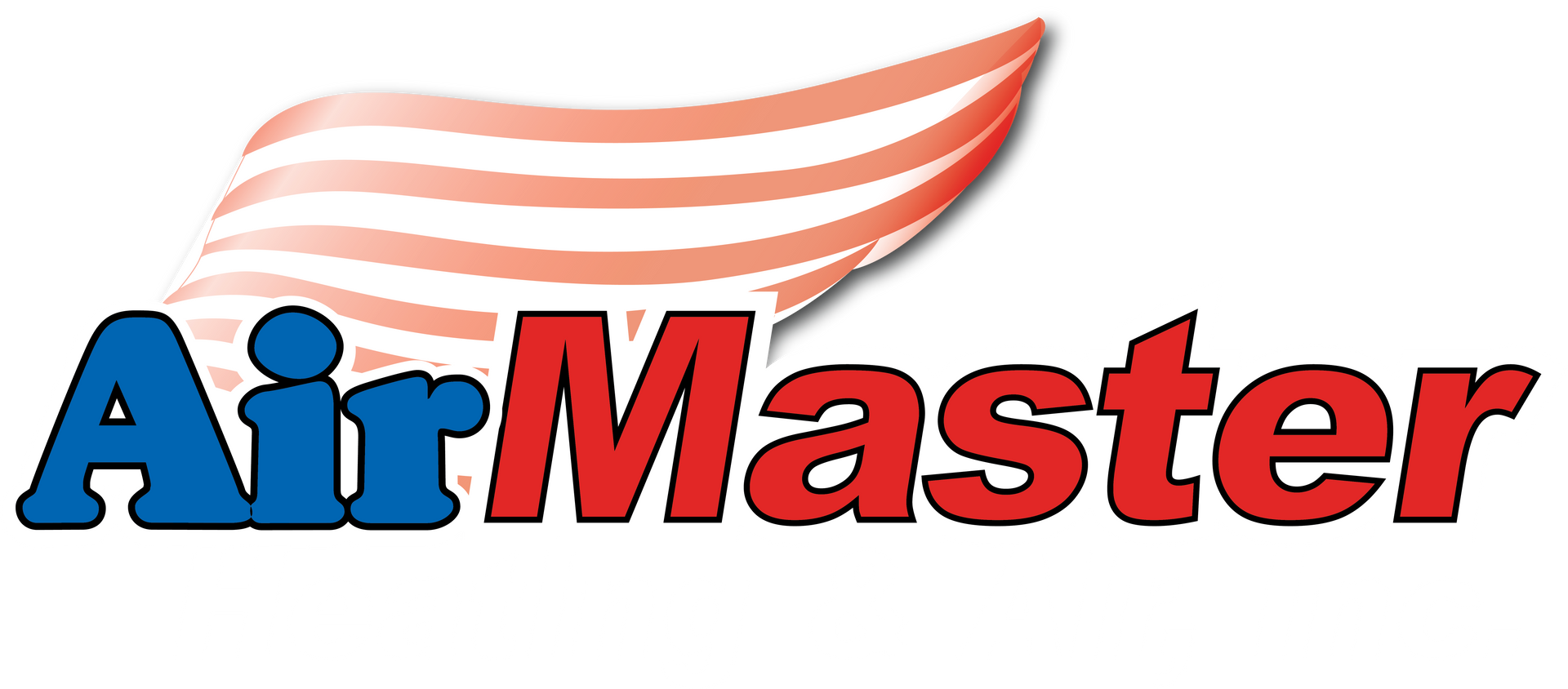April 3, 2024
Choosing the right heating system for your residential or commercial property involves a crucial decision-making process, as it directly impacts the comfort, energy efficiency, and long-term satisfaction of your space. Whether you are constructing a new building or replacing an outdated heating system, understanding the various types of heating systems and factors to consider is essential.
Types of Heating Systems:
Furnaces: Distribute heated air through ducts and vents.
Pros: Efficient, even heat distribution, pairs well with air conditioning systems.
Cons: Requires regular maintenance, potential duct-related heat loss.
Boilers: Use water or steam to provide radiant heat via pipes and radiators.
Pros: Comfortable and consistent heating, less allergen circulation.
Cons: Higher installation costs, no cooling function.
Heat Pumps: Offer both heating and cooling by transferring heat between indoors and outdoors.
Pros: Energy-efficient, environmentally friendly, low operating costs.
Cons: Performance may decline in extremely cold climates, high initial installation cost.
Factors to Consider:
- Climate and environmental conditions.
- Space requirements and layout.
- Energy efficiency for long-term cost savings.
- Installation and maintenance expenses.
- Future needs, such as property expansions or renovations.
Why Choose Professional Services? Our experienced team at Airmaster Heating & Air Conditioning helps you evaluate your needs, recommend the most suitable heating system, and ensure expert installation. Proper guidance ensures your system is energy-efficient, reliable, and tailored to your property.
Conclusion: Finding the ideal heating system requires careful consideration and expert advice. With knowledge of furnaces, boilers, and heat pumps, and the assistance of professionals, you can enjoy a system that delivers comfort and efficiency for years. Contact us to learn more about our heating services in Lawrenceville and make an informed decision for your home or business.
REQUEST SERVICE
Please click the book online button below to book appointment with AirMaster Heating & Air.




